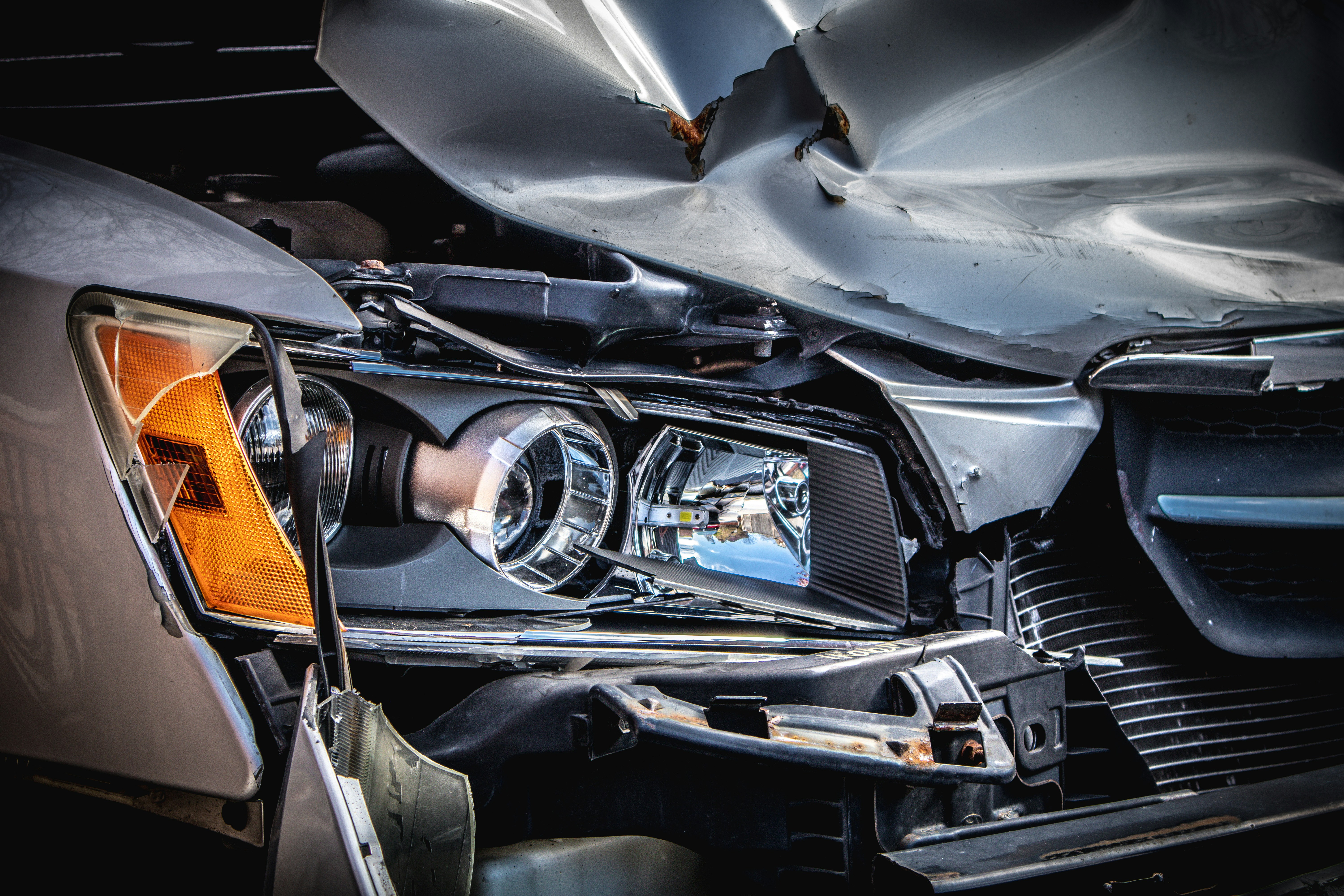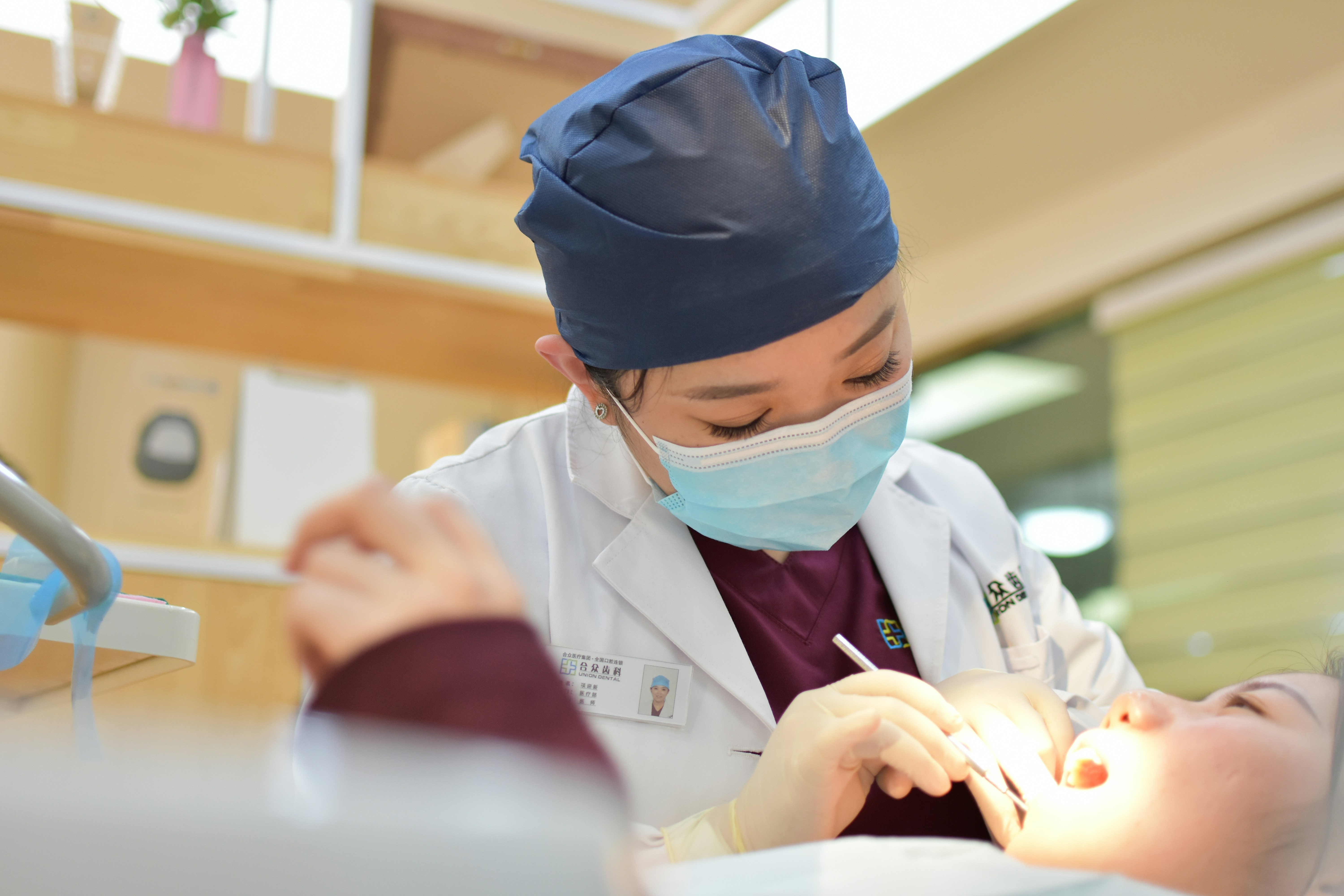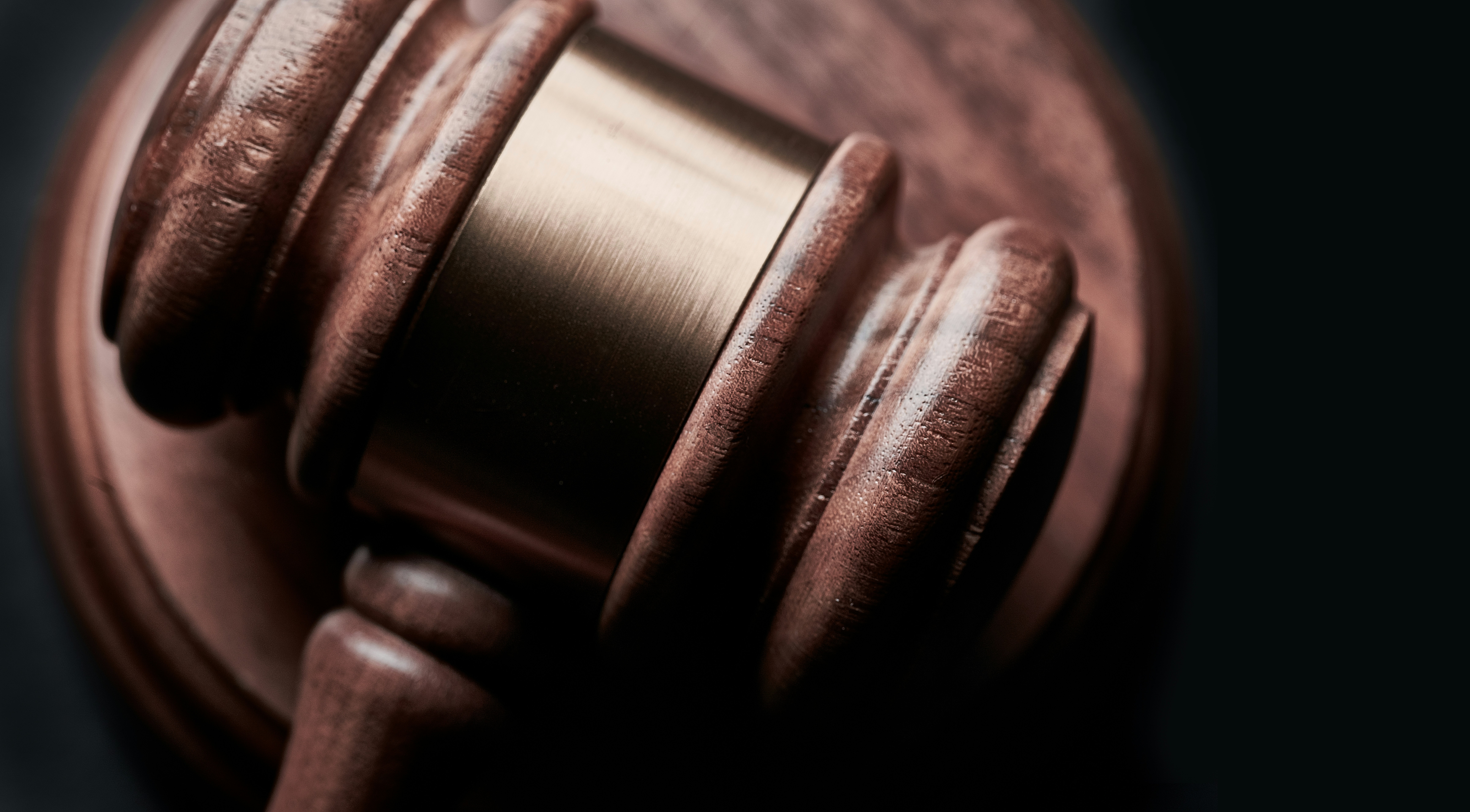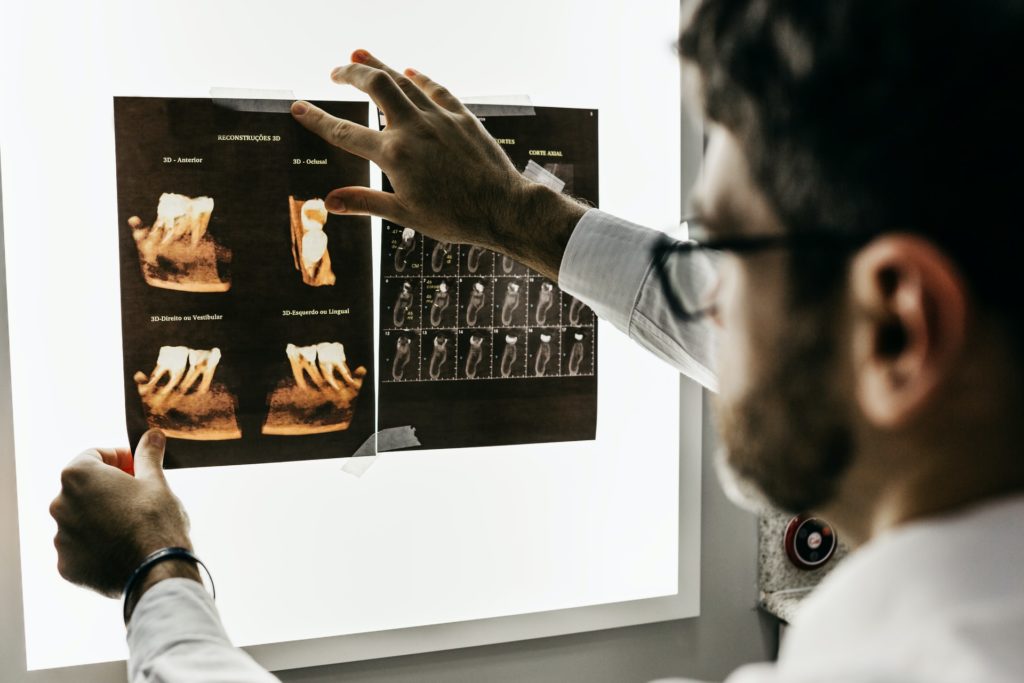Traffic accidents claim the lives of approximately 3,700 people worldwide each day. Thousands more are injured. Traffic accidents can cause several medical issues, including whiplash, broken bones, lacerations, concussions, and traumatic brain injuries (TBIs).
Car accidents can also cause dental injuries. If you’ve suffered from dental injuries after an accident, there are several steps you should take to address your health and legal needs.
At the Scene

Drivers are legally required to report car accidents if anyone is injured or if the vehicles’ damage exceeds the state’s minimum threshold. There are steps you can take while waiting for a police officer to arrive—exchange insurance information with the other drivers involved and use your smartphone to photograph or film the scene. Visual images can be used to establish the cause of the accident and determine who was at fault.
You can also collect contact information from witnesses at the scene. Witnesses may be able to provide critical information that can be used to determine who was responsible, which can impact your insurance claims. Drivers who broke the law may also face charges, so having as much information is crucial.
Avoid discussing the details of the accident with other drivers at the scene. When you talk to the police officer, make sure you get their name and find out how to secure a copy of the accident report for your insurance company.
Medical Treatment
Seek medical treatment as soon as possible and address all your symptoms. You may not be aware of the extent of your injuries immediately. It’s normal for people to be in shock after an accident, and in some cases, symptoms may not be apparent for up to two days after the accident.
A medical doctor may recommend you have a specialist evaluate your specific issue. You may need to see a dental specialist for Orofacial Pain Treatment. Dental specialists can identify and address some injuries affecting your head, neck, and jaw. It’s also possible to have broken or missing teeth and need dental surgery, tooth implants, or crowns.
See all specialists your doctor recommends, and book an appointment with your regular dentist immediately if you have dental issues. Your dentist can refer you to a specialist to evaluate your injuries and determine the appropriate cause of treatment. Specialists are familiar with the treatment options and can advise you of your options.
Symptoms of Orofacial Pain

You may not immediately realize you have dental injuries. Symptoms of orofacial pain can include headaches and pain in your temporomandibular joint (TMJ). Any issues affecting your head, neck, and jaw can be dental issues.
Importance of Dental Health

Oral health care plays a critical role in protecting your digestive system and respiratory tract from harmful bacteria. Poor dental health can adversely affect several medical conditions, including pneumonia, cardiovascular disease, and endocarditis.
Poor dental health can also affect your ability to chew and digest food. Individuals who cannot chew food properly may ultimately have difficulty swallowing food safely, In addition, dysphagia can lead to pneumonia if food enters your airway. Excellent dental health is not merely about having straight teeth. It’s crucial to consider how dental injuries could impact your overall health in years to come without proper and prompt dental treatment.
Legal Guidance

Seek legal advice from a qualified lawyer who specializes in personal injury cases. Personal injury attorneys have extensive knowledge about personal injury cases and are familiar with all compensation forms you may be eligible to receive. Book a free consultation with a personal injury attorney for comprehensive personal injury insight to determine if you should pursue a legal case. If possible, discuss your potential case with an attorney as soon as possible. Your lawyer can advise you of the information you’ll need to build your case and the steps you should take following your accident. Your lawyer can also protect you from agreeing to an unfair settlement that does not address the severity of your medical needs.
Document the Details

Write down or video an account of the accident. It’s essential that you create a record you can refer to for legal purposes. Add symptoms when they appear and keep records of each diagnosis you receive as well as the prescribed treatment. Save receipts for copays, medical tests, and prescription costs. Your lawyer can use a comprehensive record outlining the medical issues you experience following your accident to negotiate the best possible settlement and ensure you receive compensation for your expenses.

